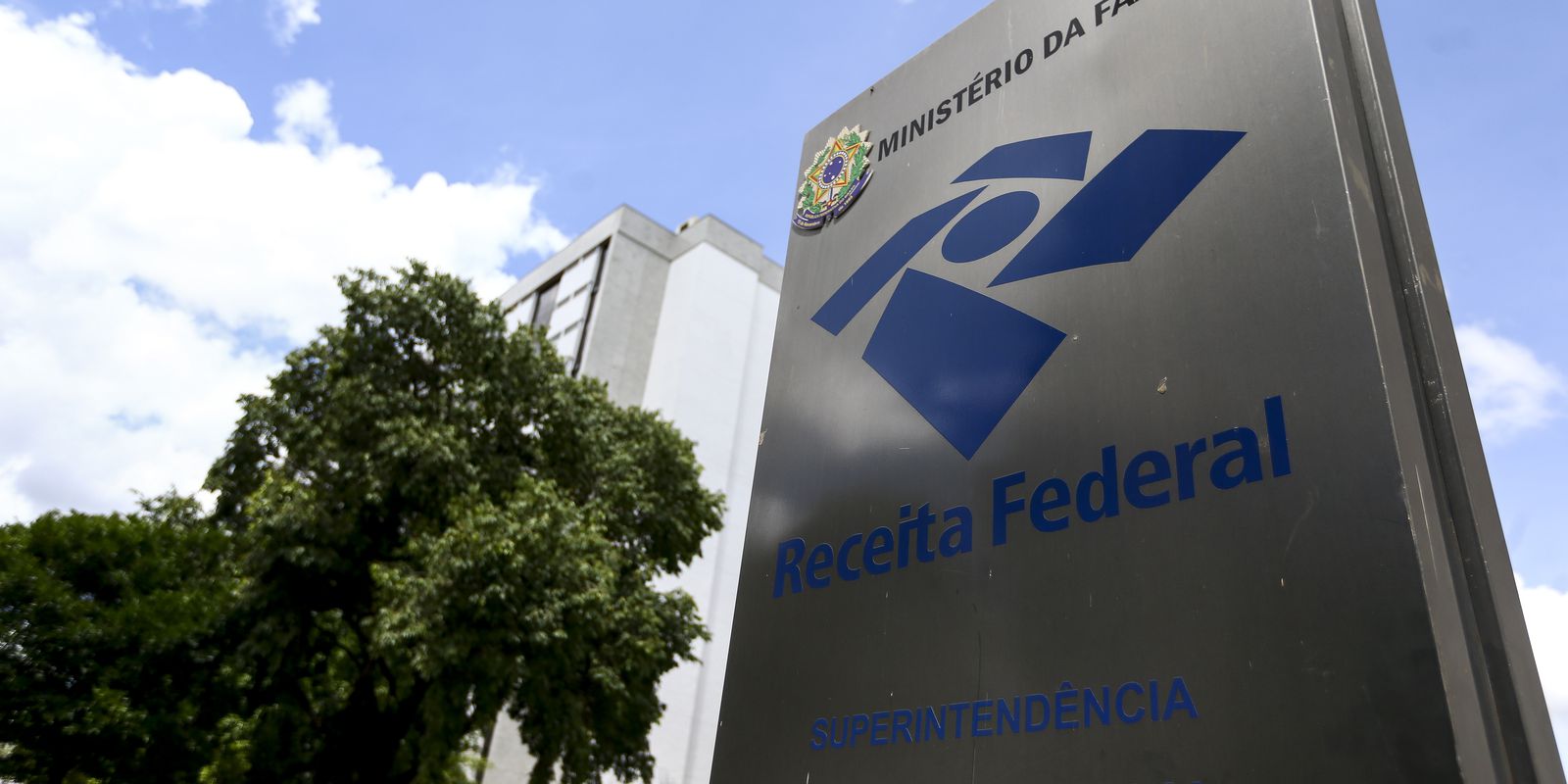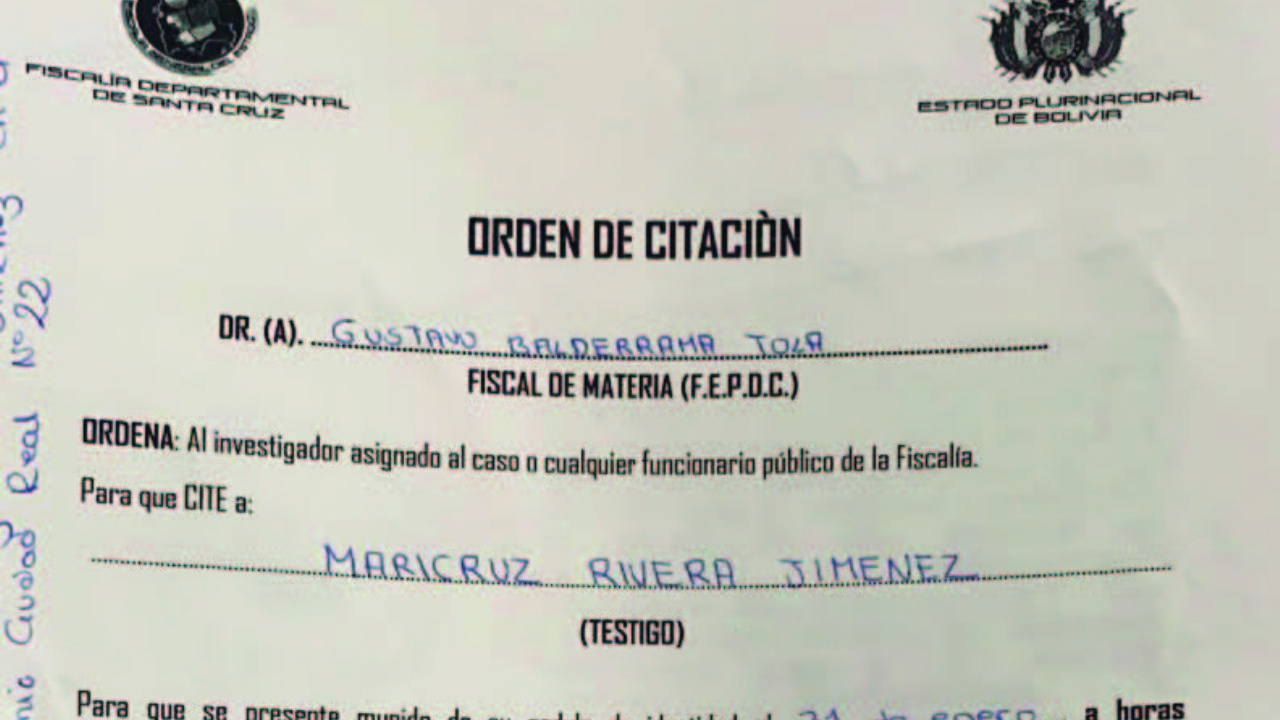Normative instruction published in the Official Diary of the Union today (31) details how debts will be paid in installments with the Federal Revenue Service. According to the Instruction No. 2063, the installment of debts “of any nature” may be made in up to 60 “monthly and successive” installments.
Among the novelties presented is the removal of the R$ 5 million limit for simplified installment payments; and the possibility of negotiating different types of tax debts in a single installment.
“Until then, each tax negotiated generated a different installment. With this measure, the entire taxpayer’s debt can be controlled in a single installment, paid in the same document, making it much simpler to follow up”, informed the Revenue.
In addition to explaining the types of debts that may be paid in installments, the normative instruction details how the application must be formalized. It also presents questions related to the granting of requests; debt consolidation; provisions on the relationship between installment amounts, forms of payment, interest; and what the withdrawal procedures will be; repayment and termination of installments.
The installment systems will be updated and centralized in the e-CAC portal. As the unification will be accompanied by the option to withdraw, it will be possible to negotiate the repayment of debts also in the e-CAC.
“Debts declared in the Declaration of Federal Tax Debts and Credits (DCTF), DCTFWeb, Income Tax Declaration and ITR Declaration, or launched by tax assessment notices will all be negotiated directly in the e-CAC, in the option ‘Installment – Request and follow up ‘. For debts declared in the FGTS Payment Guide and Social Security Information (GFIP), the option remains ‘Simplified Social Security Installment’”, details the Revenue.
Also according to the Revenue, the stock of installments negotiated in the old systems will remain active and the monitoring must be done through the previous channels.
“It is also worth remembering that the rules do not apply to Simples Nacional and MEI tax debts (declared in PGDAS-D or DASN-SIMEI), which follow the rules contained in the CGSN Resolution 140/2018”, he adds.









